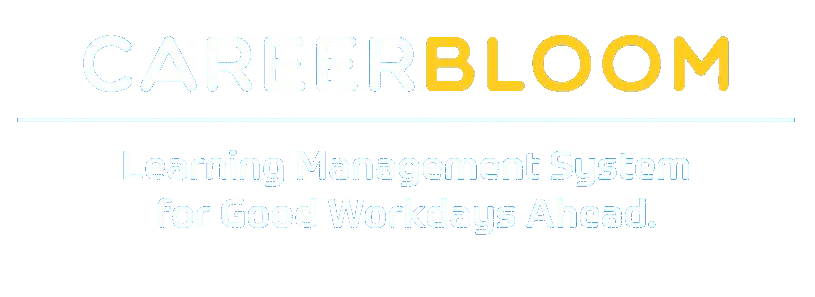I know discussing why you got fired from your last job is the last thing you want to bring up in an interview. But in today’s digitally connected world, it’s easy for employers to find out if you’re hiding something. Does that mean you’re doomed and will never get another job? Not at all. I promise.
Let’s walk through some tips to give you more confidence in talking about why you were fired.
Then we’ll share a few examples to use as a starting point.
Keep it short.
Brevity is your friend when it comes to explaining why you were fired. You want to move the conversation in a new direction as quickly as possible. Oversharing could have the effect of opening Pandora’s box, which is the last thing you want. Provide some context, but only what’s necessary for them to ask no further follow-up questions.
Use soft language.
The word “fired” sounds painful. And well, it is. It may seem like a minor detail but using softer terms like “let go” or “parted ways” is better. It gives the employer a sense that there were no fireworks when you left; it was a simple business decision. These little nuances help you control the conversation and how the employer perceives the situation.
Don’t badmouth your employer.
As much as you’d love to tell them your boss was a jerk who didn’t know what he was doing, this will absolutely send the wrong message. More than likely, they’ll just assume you don’t get along well with others and don’t take responsibility for your actions. After all, they’re only meeting you
for the first time.
Be honest.
You might be tempted to give a more favorable reason for being fired, but your previous employer could disclose the reason for your termination during a reference check. It’s dicey. Lying during the application process can mean losing the job offer or being fired later. If you only held the job for a very short time, you might consider leaving it off the application altogether. Just be conscious of what you say.
Wrap it up in something positive.
Adding a positive element to your answer can do two things. First, you can show that you learned from the experience. Second, you can tilt the conversation toward their next questions. As in – “Although leaving was difficult, it made me re-think my career path and that brought me here.”
Practice. Practice again.
You don’t want to break out into a sweat when the topic comes up and stammer an answer. Body language is important, and they might wonder if you’re hiding something, even if you’re not. Write it out and then practice aloud until it doesn’t feel awkward. You might try rehearsing in front of others to get their opinion.
Sample Answers
You’ll need to adjust these for your situation, but here are some samples that incorporate
the tips above.
- • Unfortunately, I was let go because my last performance review wasn’t up to the company’s standards. I had a good discussion with my former supervisor about my shortcomings and we both realized that the position wasn’t really a good fit. That’s why I began looking into jobs in this field.
- • I parted ways with my last company due to some restructuring. After they brought in new management, I struggled with all the rapid changes and couldn’t get my footing. Although I was sad to leave because I enjoyed the work, it just wasn’t the right work environment for me. I’m looking forward to working in a more supportive atmosphere.
- • I left my last job due because I was distracted by some personal issues that affected my performance. These issues are completely resolved now and I’m excited to move forward with a new company where I can prove myself.
By preparing a confident answer, you’ll have control over how the interviewer views the situation. And don’t forget – you’ll get through this. Being fired doesn’t mean you’ll never work again.
It’s just a speed bump on your way to a successful career.



